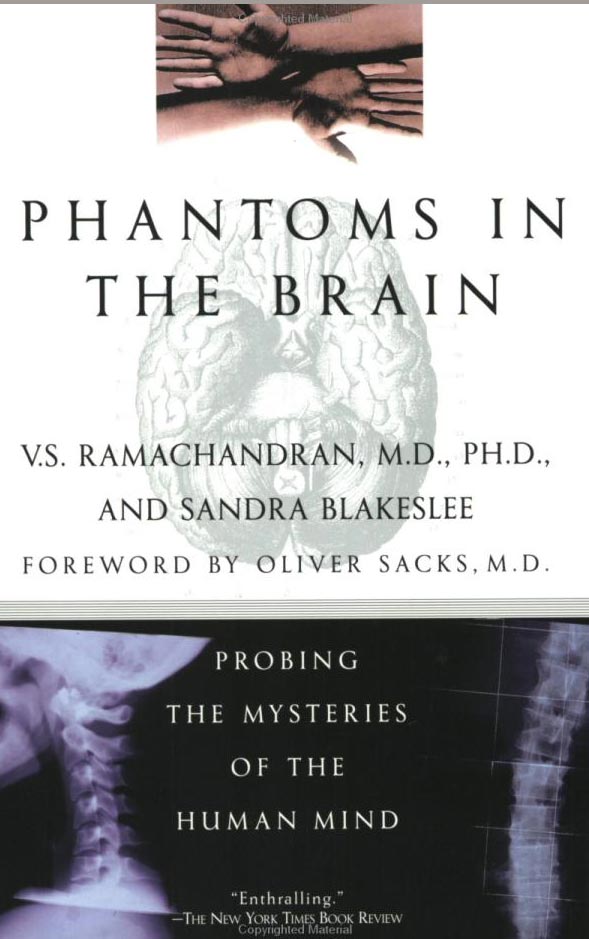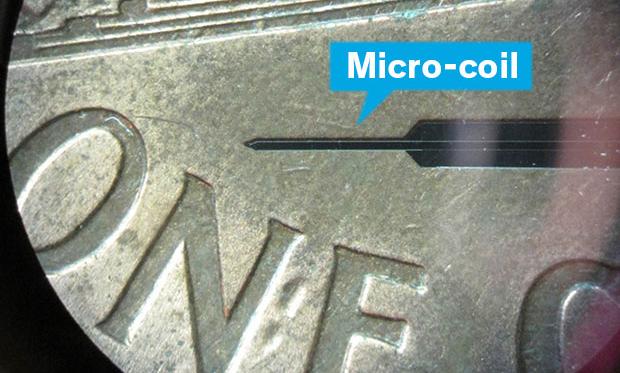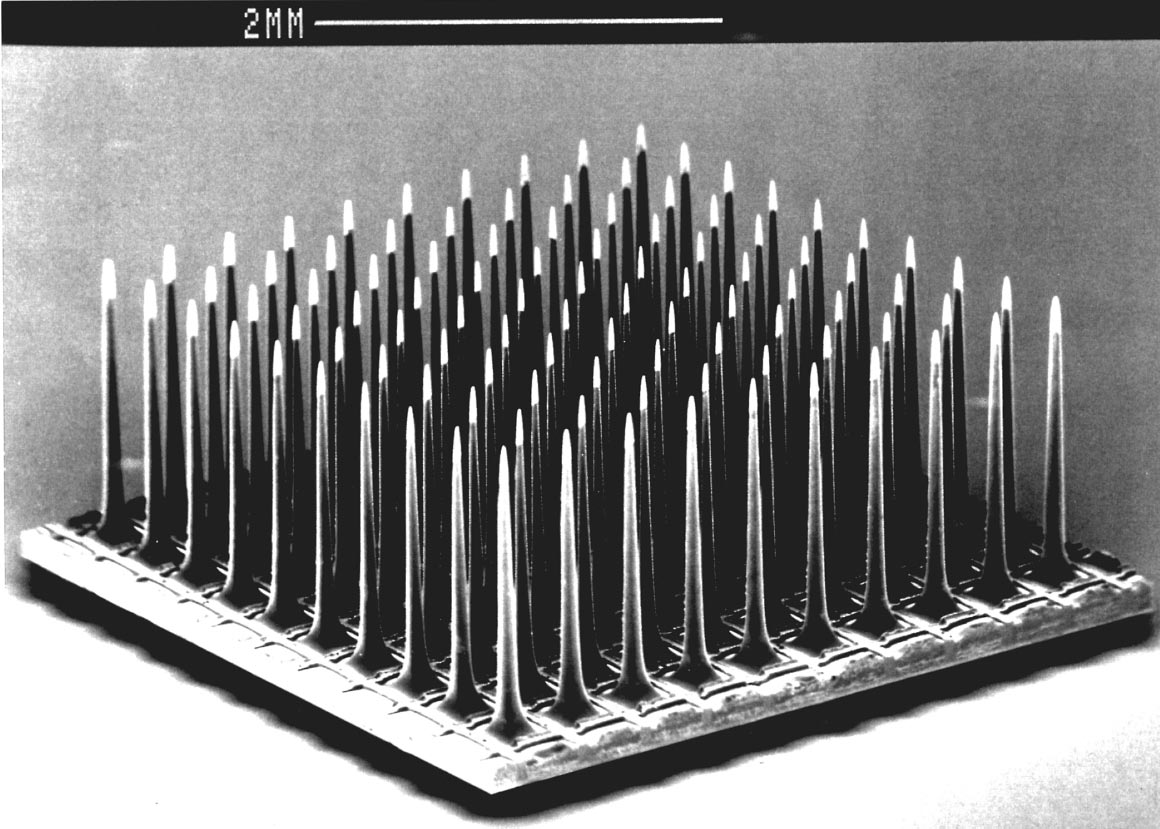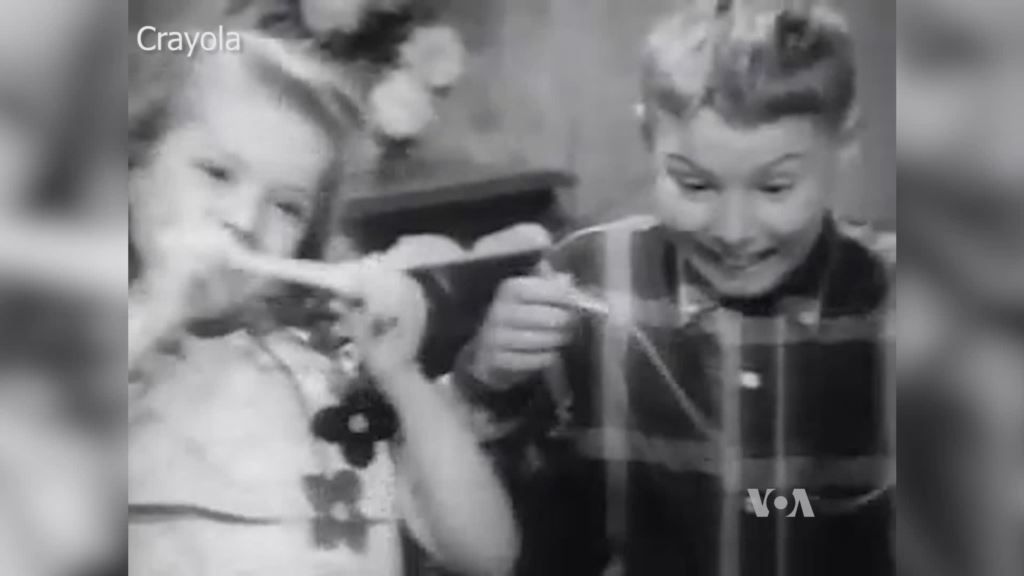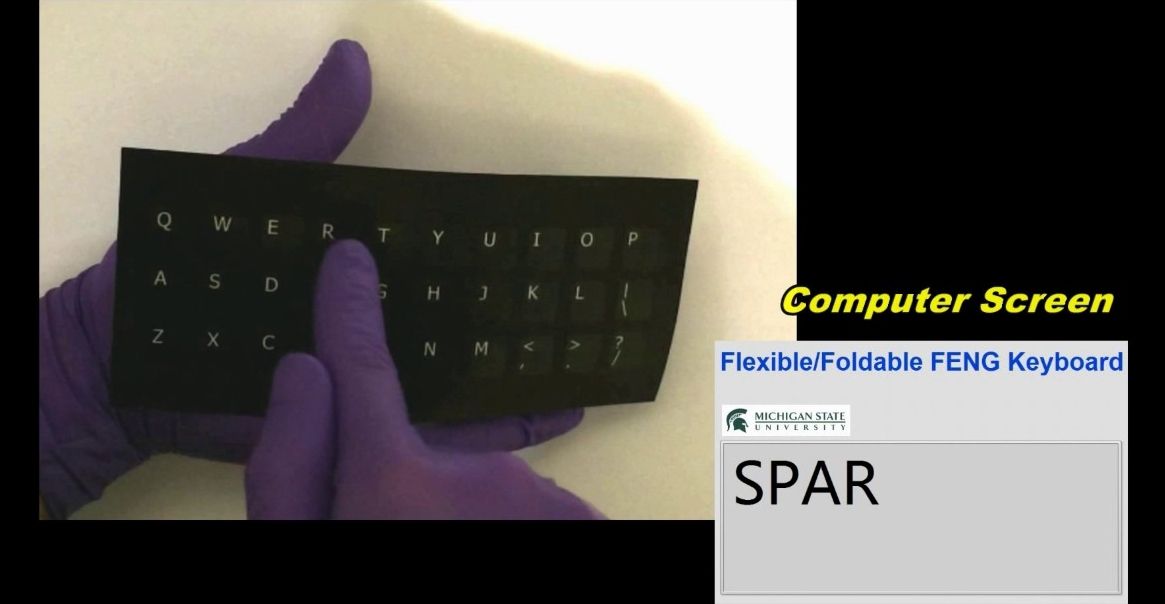Dec 10, 2016
Scientists track restoration of communication in minimally conscious patient
Posted by Karen Hurst in categories: biotech/medical, neuroscience
A severely brain injured woman, who recovered the ability to communicate using her left eye, restored connections and function of the areas of her brain responsible for producing expressive language and responding to human speech, according to new research from Weill Cornell Medicine scientists.
The study, published Dec. 7 in Science Translational Medicine, began 21 months after Margaret Worthen suffered massive strokes, and her continuing recovery was tracked for nearly three years. The research signifies the first time that scientists have captured the restoration of communication of a minimally conscious patient by measuring aspects of brain structure and function before and after communication resumed. It also raises the question of whether other patients in chronic care facilities who appear to be minimally responsive or unresponsive may harbor organized, higher-level brain function.
“From the beginning of Margaret’s attempt to communicate, through the course of our study, we were able to show reorganization of the areas of her brain responsible for expressive language, as well as an exceptionally large change in the correlation across the brain areas in response to human speech,” said study lead author Daniel Thengone, the Fred Plum Fellow in Systems Neurology and Neuroscience in the Feil Family Brain and Mind Research Institute at Weill Cornell Medicine. Adds senior study author Dr. Nicholas D. Schiff, the Jerold B. Katz Professor of Neurology and Neuroscience in the Feil Family Brain and Mind Research Institute: “This is a unique demonstration of plastic change in the brain of an adult starting years after a severe brain injury. We showed a convergence of measurements over years and at multiple time points, revealing an evolving biological process of recovery.”

